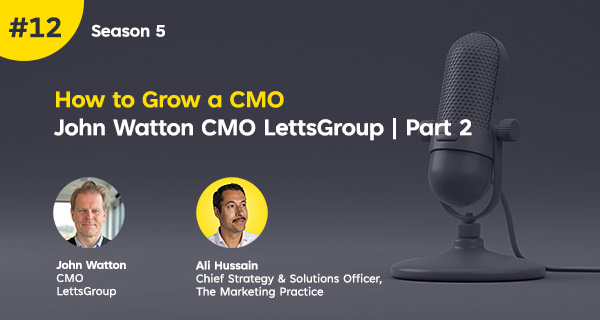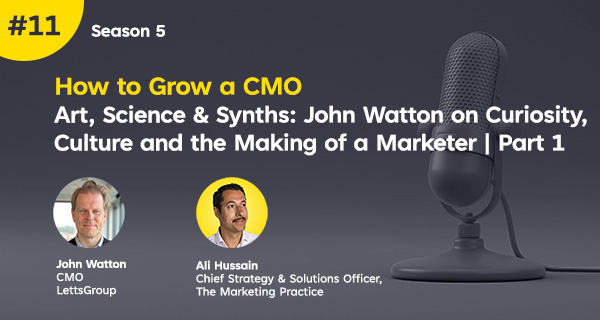Generative AI, a powerful content creation tool, is rapidly transforming SEO. This technology, building on existing AI advancements in search engines, can create everything from text to images, and experts predict that AI-generated content will skyrocket, making it crucial to understand its impact on SEO's future.
The Shadow Side: Algorithmic Biases and Ethical Concerns
But while generative AI boasts a plethora of benefits, it's important to acknowledge the potential downsides associated with this technology.
AI algorithms are far from neutral. They’re shaped by the data they're trained on, which can be incomplete, inaccurate, or reflect the biases of their creators and users. This can have unforeseen consequences, potentially harming the interests or rights of certain groups or individuals.
For example, a recent Bloomberg investigation into AI models exposed alarming race- and gender-based biases in AI-generated images. They found that prompts like "high-paying job" resulted in subjects with lighter skin tones, while darker skin tones were associated with terms like "fast-food worker" or "social worker."
Similar issues arose when exploring gender representation. For instance, when Bloomberg asked the AI to generate images of engineers, only 1 out of 300 depicted a woman.
Just as with the skin tone chart, these results are inaccurate and underscore the dangers of algorithmic bias, which can create a self-fulfilling loop, perpetuating existing inequalities and hindering progress. As Nicole Napolitano, Director of Research Strategy at the Center for Policing Equity, explains: "Showing someone a machine-generated image can reinforce in their mind that that's the person even when it might not be — even when it's a completely faked image."
And the ramifications of algorithmic bias aren't limited to individuals; they can also hit businesses hard.
Biased algorithms can erode trust in a company's products, services, and decision-making processes. They can also result in discriminatory outcomes that alienate certain segments of the target audience. For example, if an e-commerce platform's recommendation algorithm consistently shows biased results, it may alienate customers from marginalized communities, leading to loss of sales and market share.
To avoid this alienation and maintain credibility, businesses must proactively address algorithmic bias, fostering a fair and inclusive digital environment where all customers feel valued and represented.
What can SEO professionals and marketers do to support this? Let's explore some solutions.
Combating Bias for Inclusive SEO: A Proactive Approach
SEO professionals and marketers play a critical role in mitigating algorithmic bias and implementing inclusive marketing strategies. By understanding the potential for bias in AI tools, they can take proactive steps to ensure that their practices remain fair and ethical.
Here are a few ways to do that:
Data is King (and Queen):
- Curated Training Data: SEO professionals should advocate for and prioritize datasets that are diverse and inclusive. This helps mitigate bias by ensuring the that data the AI is exposed to is a more representative sample of the real world.
Human Oversight Remains Essential:
- Critical Review: AI-generated content should never be blindly accepted. SEO professionals must meticulously review all AI outputs with a critical eye, identifying and removing any biased language or stereotypical portrayals.
Building Diverse Teams:
- Strength in Numbers: A team with a variety of backgrounds and perspectives can more effectively identify potential biases in AI outputs that might be missed by a homogenous group.
Focus on User Intent, Not Just Keywords:
- Beyond the Algorithm: Focus on creating content that genuinely addresses user queries and caters to a broad audience. That way, SEO professionals can move beyond the limitations of keyword-driven, potentially biased algorithms.
Transparency and Ongoing Monitoring:
- Be Open and Accountable: Regularly monitoring SEO practices and AI outputs for signs of bias allows for course correction and continuous improvement.
Through regular audits and the strategies outlined above, SEO professionals can become champions for inclusivity. This not only combats algorithmic bias, ensuring that content reaches a wider audience and boosts SEO results, but also contributes to a more equitable and representative online space.
The SEO Symbiosis: Humans and Machines
The rise of Generative AI marks a new era for SEO. But while its capabilities are impressive, it's crucial to remember that AI thrives on data, not human intuition and ethical considerations. These human qualities remain irreplaceable.
Therefore, the key to SEO success lies in seeing AI not as a competitor, but as a valuable collaborator.
AI excels at data-driven tasks, freeing SEO professionals from the repetitive shackles of tasks like keyword research and on-page optimization. On the other hand, creativity, strategic thinking, and an understanding of user experience are uniquely human strengths. We are able to decipher the subtle nuances of language, anticipate user intent, and craft content that resonates on a deeper level.
Together, humans and AI can build a better digital world: equitable, representative and accessible for all.




